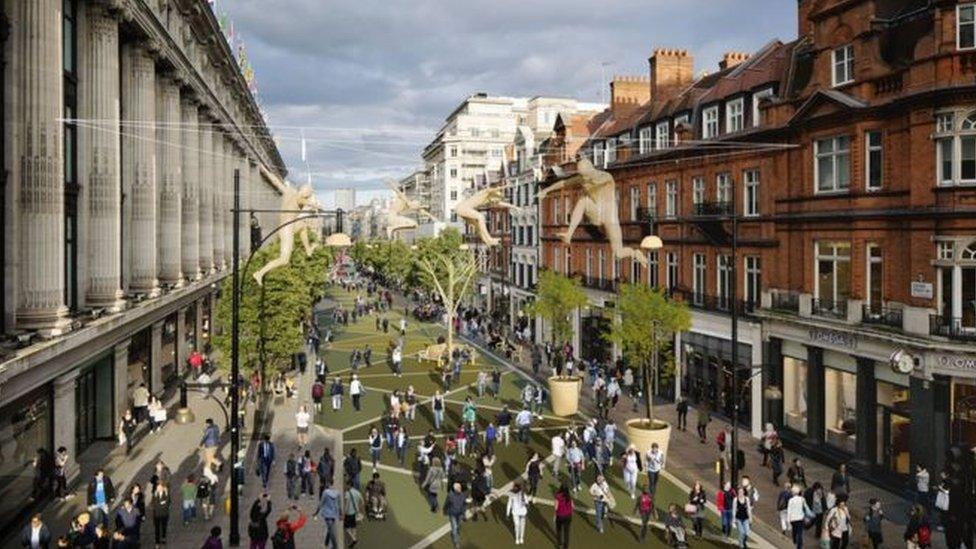The Labour vs Labour battle for Oxford Street
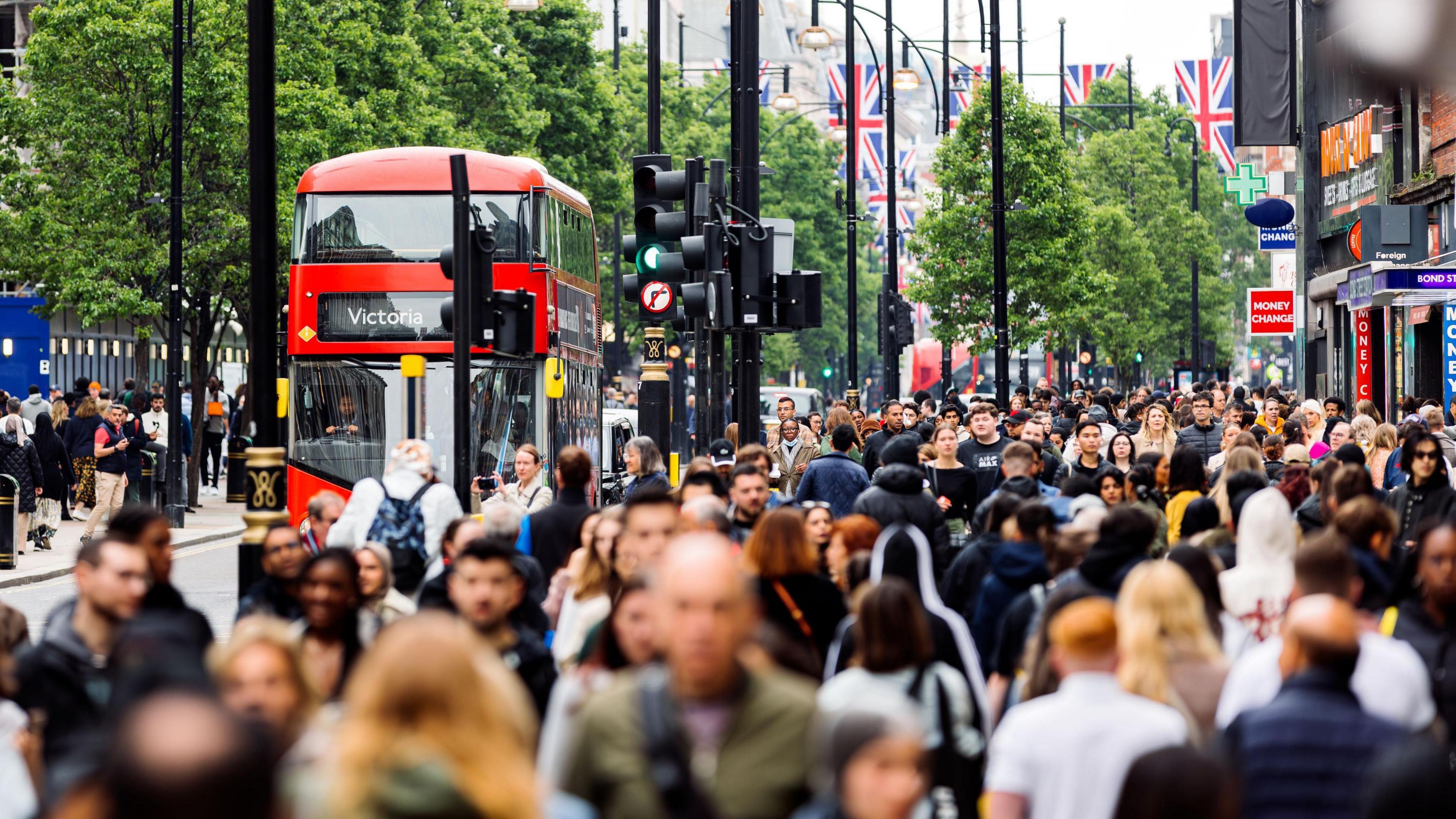
London's mayor Sadiq Khan's plans to ban traffic from Oxford Street were first revealed 2017
- Published
Before the General Election, London's Labour mayor Sadiq Khan pledged there would soon be benefits from working with a Labour government and this is being presented as one of the first fruits of that collaboration.
But it also potentially pits a Labour government and mayor against a Labour-run council.
And not any old council.
Two years ago Labour won control of Westminster for the first time ever, a huge electoral prize.
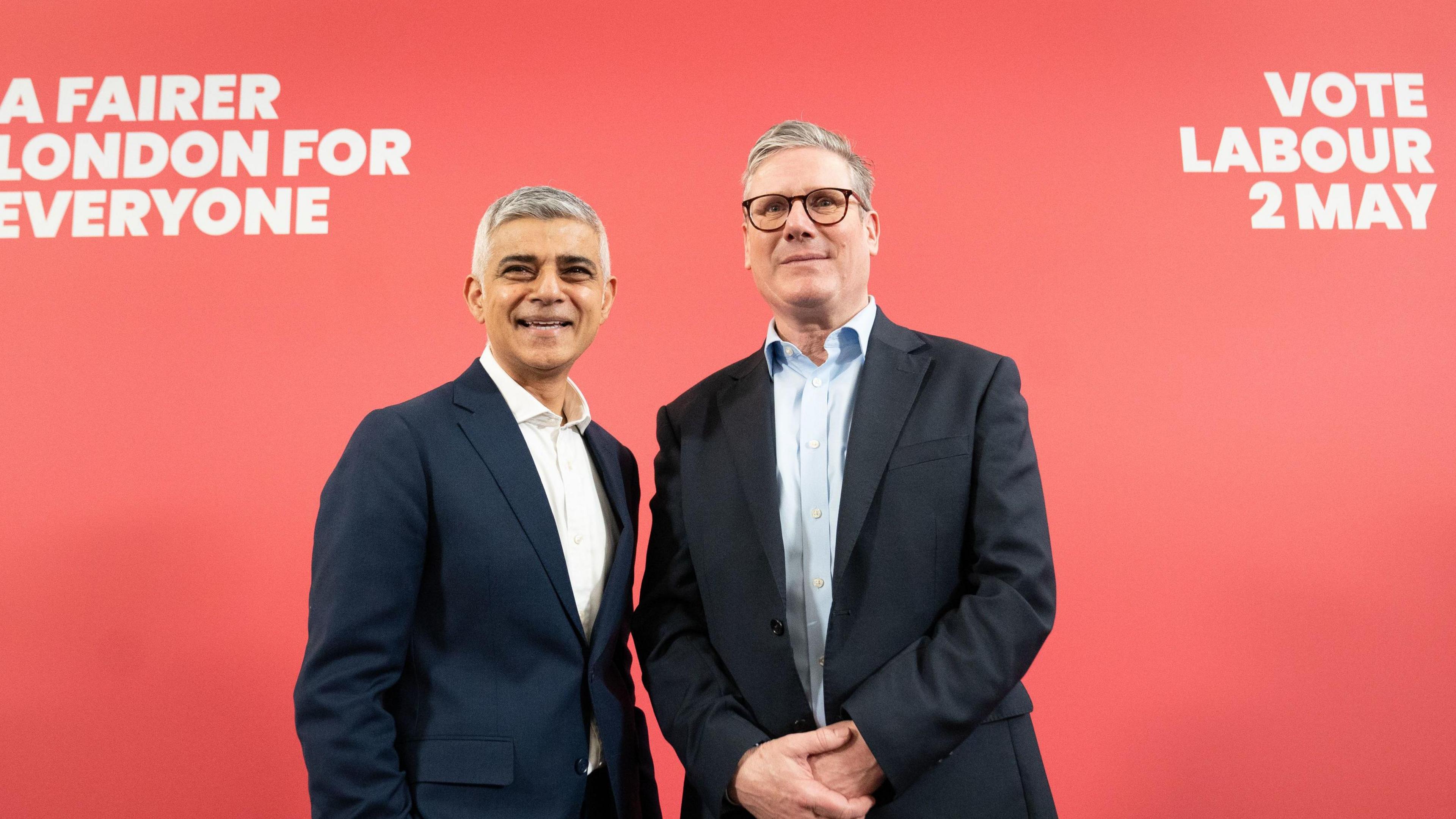
Sadiq Khan said he was looking forward to working with a Labour government
That was not achieved by promising to pedestrianise Oxford Street – a notion far too toxic to risk putting before voters. Leader Adam Hug said after the election that there would be no pedestrianisation.
So this is now potentially very delicate and very awkward
The indications are that the Deputy Prime Minister Angela Rayner is going to approve the mayor’s request to set up a mayoral development corporation – which would mean he makes the planning decision over the head of the local authority.
A statement from the council’s chief executive Stuart Love – its elected Labour leader has not commented on the record yet – is clear this has come out of the blue. The authority was only told last Thursday.
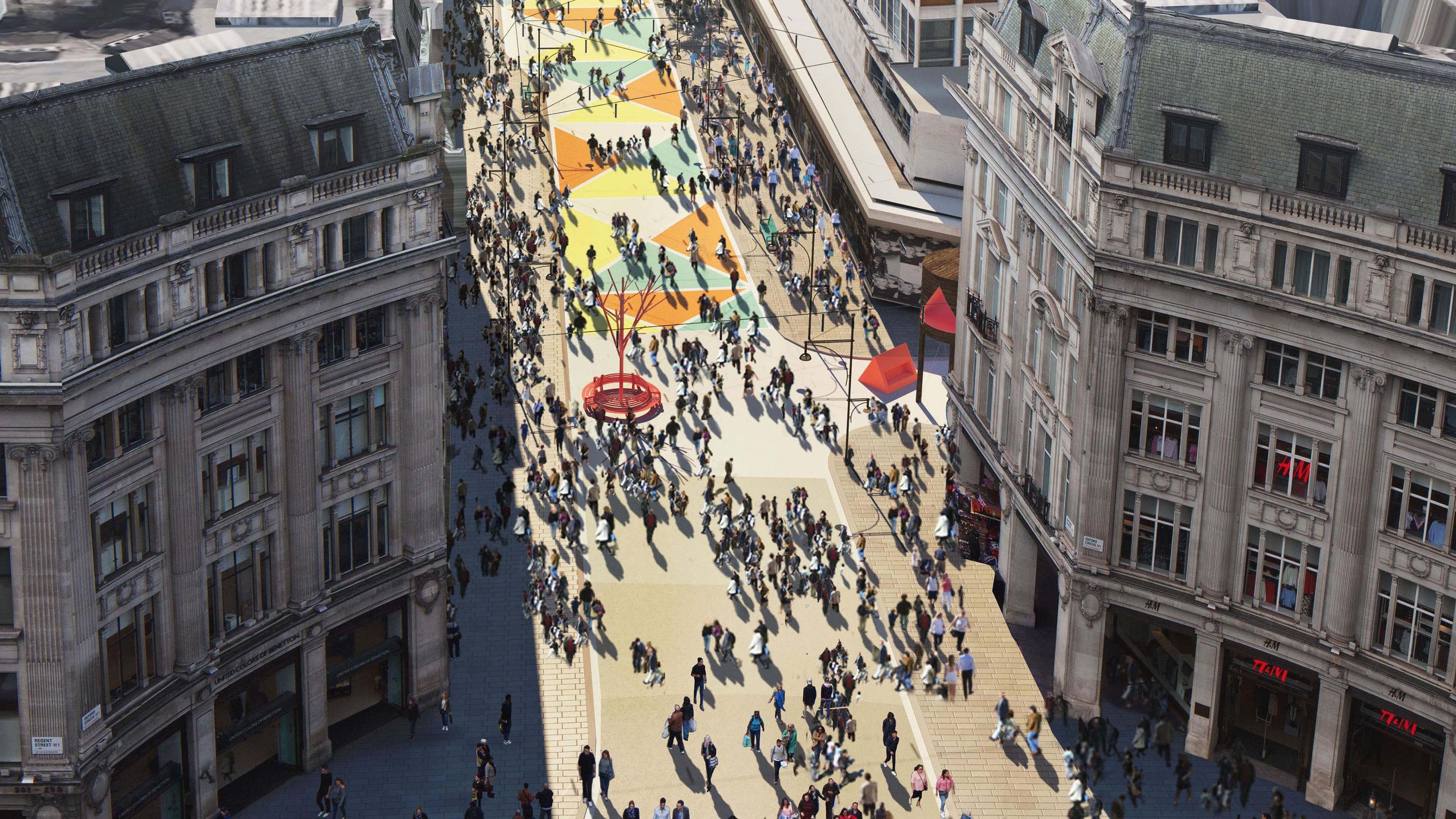
Sadiq Khan says he intends to deliver his vision of a pedestrianised Oxford Street by winning new planning powers from the government
The devolution debate
The local Labour branch in Westminster has offered its own nervous reassurances.
"While it has only been shared with us in the last few days, there needs to be significant consultation where we will work hard to influence what comes next on behalf of local people," the branch stated on its website.
Preliminary work had already started on a "transformative" alternative plan, carefully agreed with residents and businesses, which aimed to improve public spaces and widened pavements, without displacing existing traffic to neighbouring streets.
The leadership now has to navigate a difficult course answering to local voters without falling out with the party in government and at City Hall.
"Our role will be to ensure that local voices are heard loud and clear. We will work constructively with the mayor and the government to ensure the best outcomes for local communities, businesses and London," it added.
This will all raise questions again about devolution, and where it is most appropriate to have the key decisions made on big plans like this.
Local concerns about the impact on local neighbourhoods will now have to be considered against the mayor’s right to take a strategic view of what’s best economically for the capital and the country.
Listen to the best of BBC Radio London on Sounds and follow BBC London on Facebook, external, X, external and Instagram, external. Send your story ideas to hello.bbclondon@bbc.co.uk, external
Related stories
- Published6 July 2024
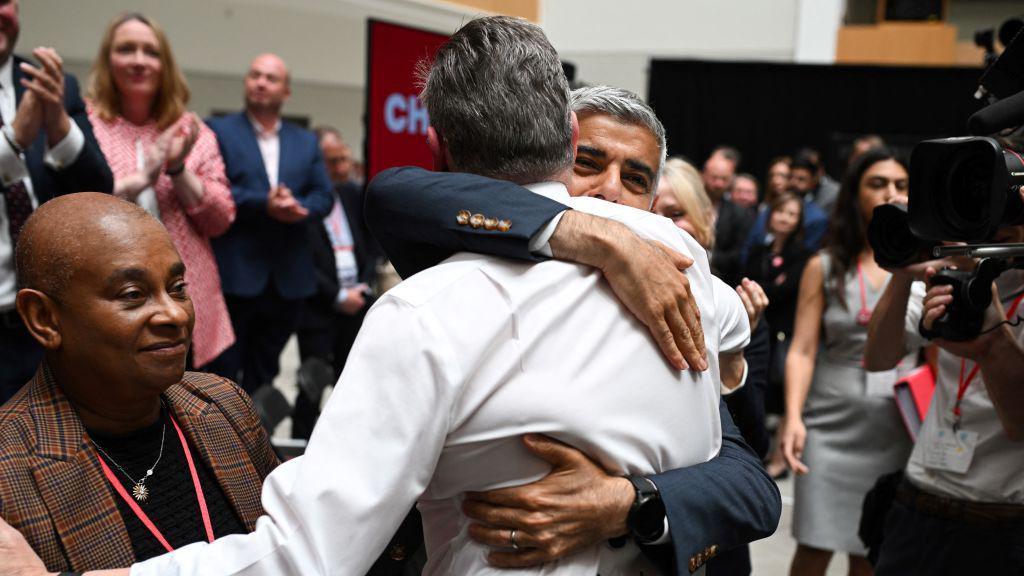
- Published6 July 2024
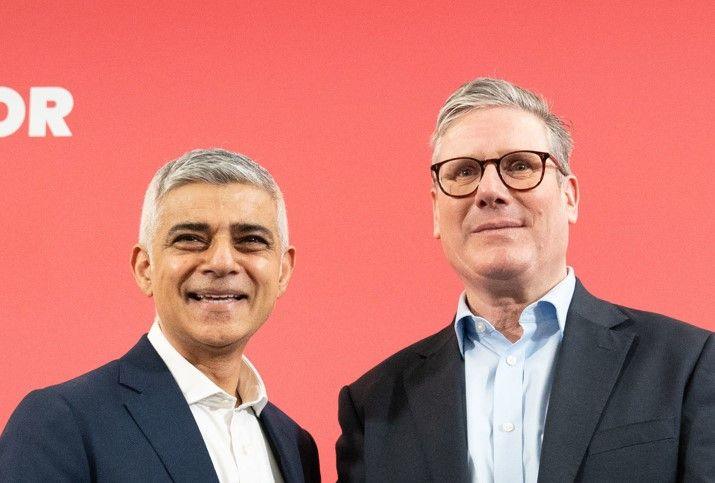
- Published3 April 2024
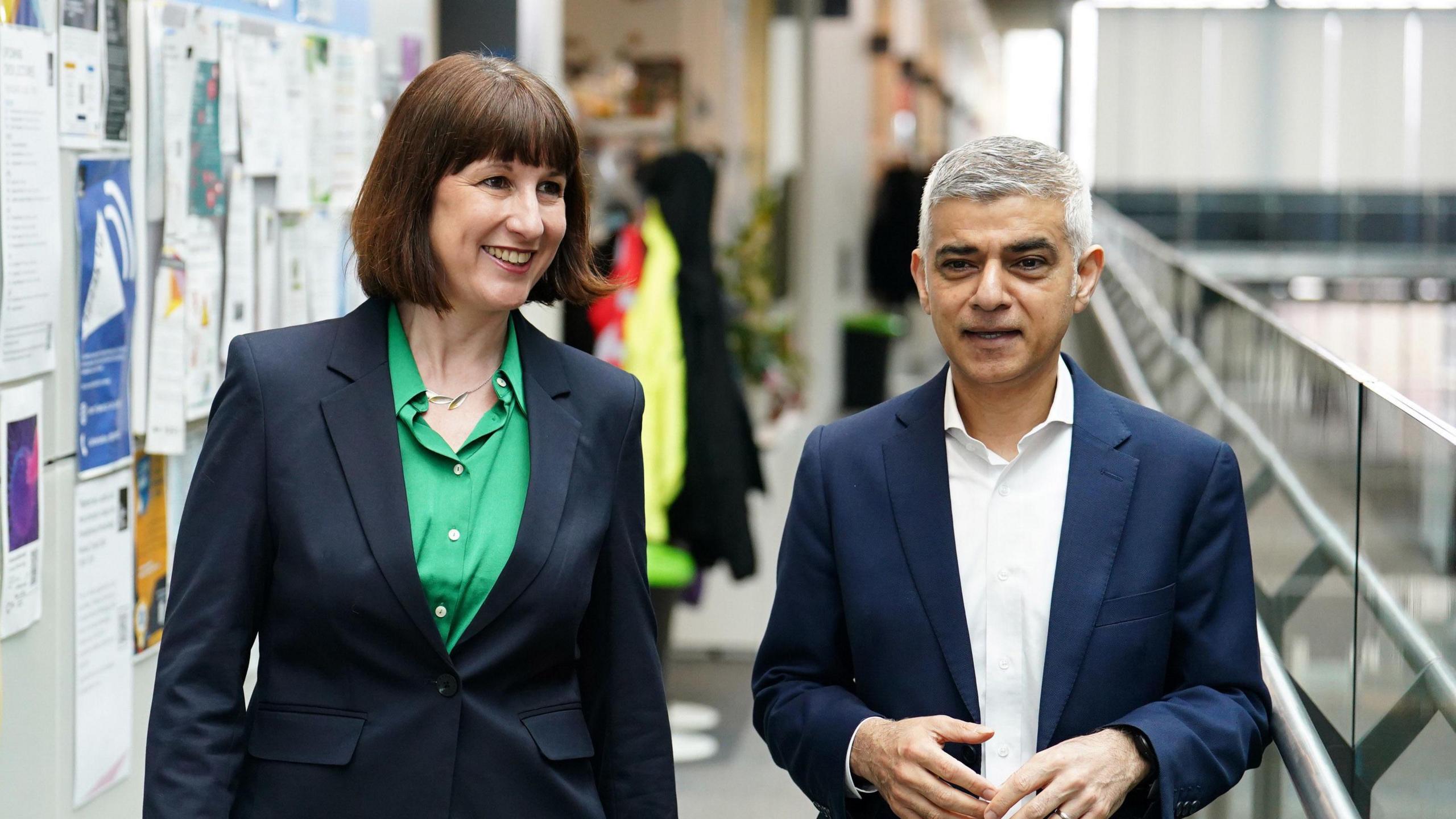
- Published17 September 2024
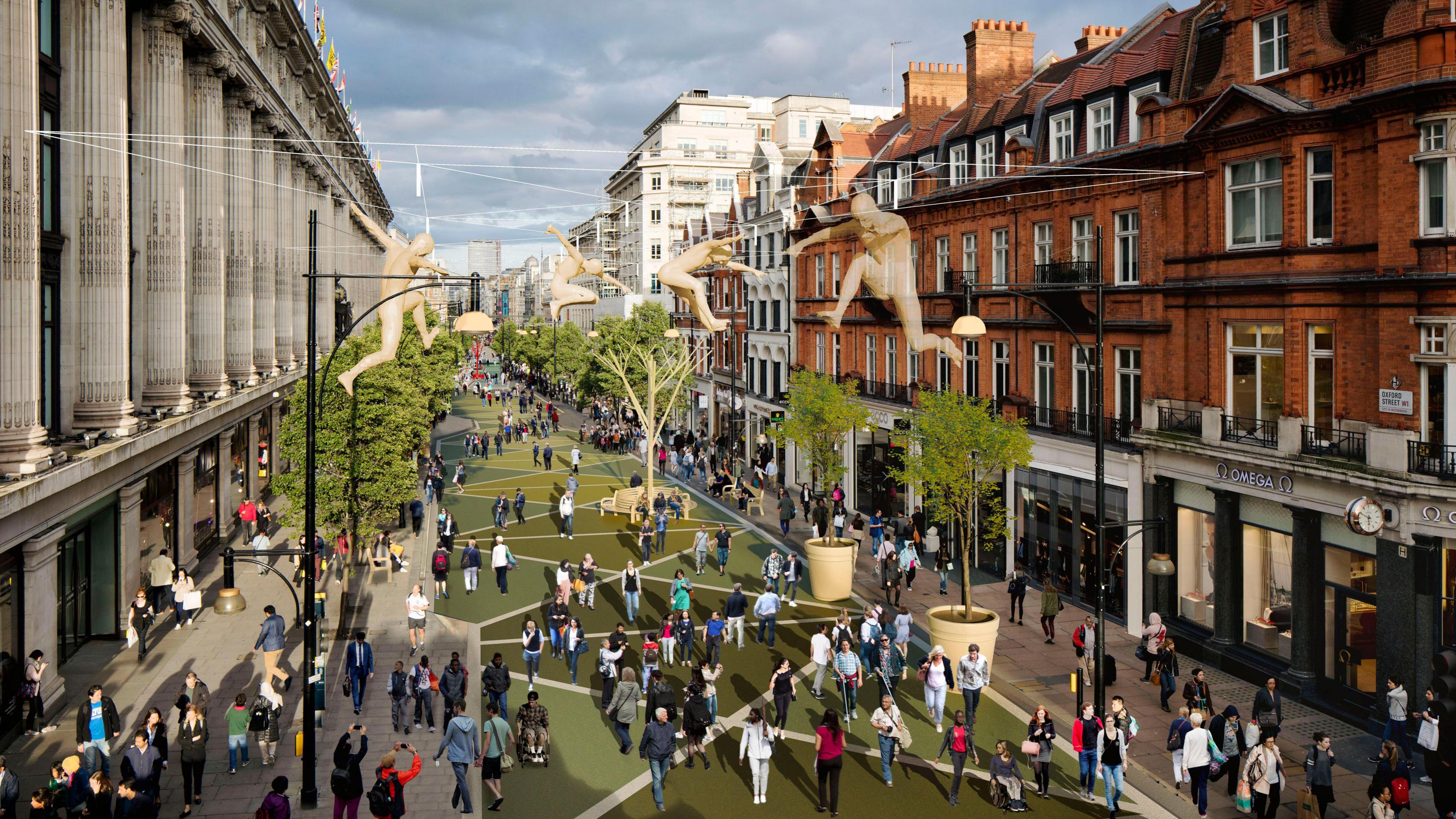
- Published8 June 2018
